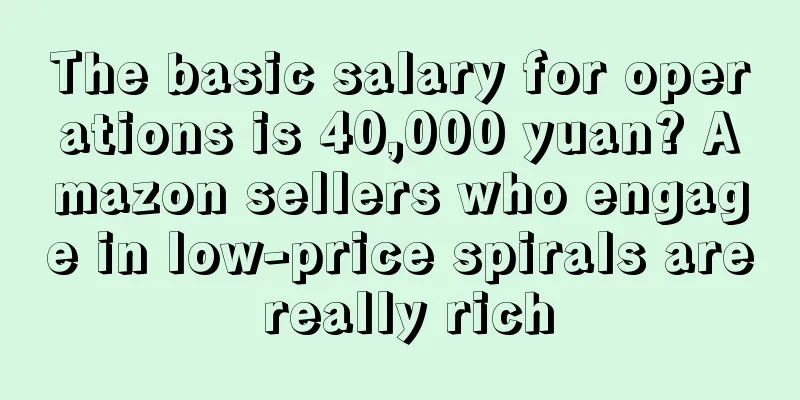South Korean IT giant Kakao joins the e-commerce market and is about to launch the e-commerce platform Kakao Store

|
According to the Korea Economic Daily, South Korean IT giant Kakao will officially enter the e-commerce market from the second half of the year with open strategies such as "zero commission" and "self-built mall (D2C)".
This was also interpreted by the industry as Kakao's plan to use its 47 million KakaoTalk Messenger users to challenge South Korean e-commerce giants led by Naver and Coupang .
According to the circulation and food and beverage industry on the 6th, Kakao is in contact with a major manufacturer to prepare for the launch of the e-commerce platform Kakao Store service next month.
According to news from the distribution and food and beverage industries on the 6th, Kakao is in contact with powerful manufacturers to prepare for the e-commerce platform Kakao Store, which will be officially launched next month.
Unlike Naver and other companies that charge fees, Kakao adopts a "no fees" strategy while providing user data and being open. Kakao's reverse thinking strategy is to open Kakao's service tools such as simple login and payment (settlement), and share all user and shopping-related data with the company's mall.
It is understood that Korean manufacturers and sellers who rely on Naver and Coupang have shown great interest in Kakao's new service.
E-commerce has long been considered the biggest weakness of Kakao, which claims to be the "national SNS."
Last year, Kakao Talk's sales from call services such as advertising and gifting reached 1.11 trillion won, up 72% from the previous year. Even including the real-time commerce that started in May last year, the sales through Kakao Talk Shopping transactions on Talk are estimated to be less than 5 trillion won.
However, with Naver Shopping and Coupang's transaction volumes of 28 trillion won and 24 trillion won respectively last year , Kakao is at an absolute disadvantage in e-commerce .
Kakao is attracting companies and small businesses to its platform through the "Talk Channel" to expand its shopping scale, but it is still at a disadvantage under Naver 's wave of offensives. Naver 's smart store transaction volume reached about 18 trillion won last year.
A person in the distribution industry said , “ Naver has recently been actively attracting large companies in the name of brand stores.”
As Kakao officially joins the e-commerce competition, which has long been considered a weak point, the battle for dominance in South Korea's domestic e-commerce market is expected to continue for some time. South Korea E-commerce Platform Policy |
<<: US e-commerce startup Shipium raises $130 million
>>: Online sales increased 82% in the first quarter, with Gap Inc. performing strongly
Recommend
What is Alipay International? Alipay International Review, Features
Alipay International makes digital payments acces...
The global market is still a blue ocean for Chinese Internet companies
Domestic Internet companies have found the secret...
What is Sam's Club? Sam's Club Review, Features
Sam's Club is a high-end membership store unde...
Cainiao is expanding overseas at a rapid pace, accelerating the construction of North American networks
The straight-line distance from Shenzhen, China t...
What is soulartshop? soulartshop Review, Features
soulartshop is a leading educator in polymer clay ...
What is Leobank? Leobank Review, Features
Leobank is a new mobile banking service from Unib...
TikTok expands its commercialization channels, reaches external cooperation and launches new features
The TikTok short video application continues to b...
What is Market Profiter? Market Profiter Review, Features
Market Profiter is a stock and price automation to...
TikTok launches new features and its e-commerce business continues to grow!
TikTok is currently expanding its investment in e...
Shenzhen Dama founder is under investigation? Here is his latest response
Last Friday, Cross-border Communication issued an...
What is Aokai Technology? Aokai Technology Review, Features
Aokai Technology is committed to providing green, ...
PayPal's new adjustment will increase seller fees
PayPal will increase seller fees starting August ...
A new cross-border trend that we must catch up with! A series of live broadcasts on independent websites are coming soon
A new cross-border trend that we must catch up wi...
Zalora expects Southeast Asian consumers’ demand for luxury goods to continue to grow
During the epidemic, people's purchasing powe...
What is Zhimomo Intellectual Property? Zhimomo Intellectual Property Review, Features
Zhimomo (Zhimo Intellectual Property Operation (Gu...









